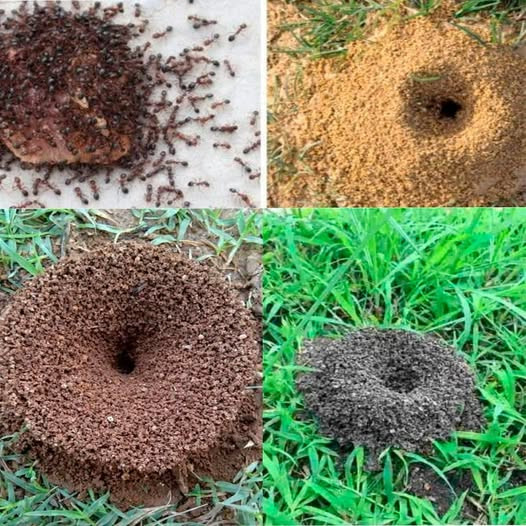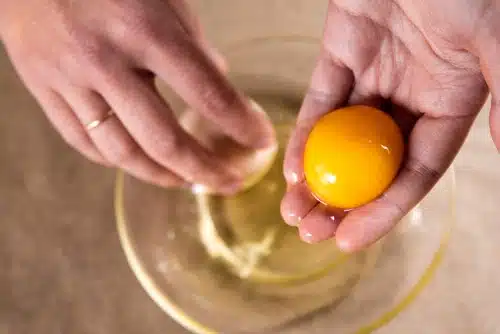


Ants, while useful for the ecosystem, can quickly become a problem when they invade your garden. They are attracted to food scraps, organic waste or aphid-infested plants, whose honeydew they love.
The presence of ants is often a sign of healthy and fertile soil. They help aerate the soil by digging galleries, which facilitates the circulation of water and nutrients for the plants.
Ants play a key role in the garden ecosystem. They participate in the decomposition of organic matter, regulate certain populations of harmful insects, and even pollinate certain flowers by moving from plant to plant.
If you see a lot of ants on your plants, it’s often because they’re breeding aphids to harvest their honeydew (a sweet substance). This can be an indirect sign of the presence of pests to be treated.
They may simply look for food or a place to establish a colony. A garden with organic waste, damp wood or fallen fruit can attract them.
An excess of ants can sometimes signal an ecological imbalance: absence of natural predators, lack of plant diversity, or conditions too favourable to their proliferation.
